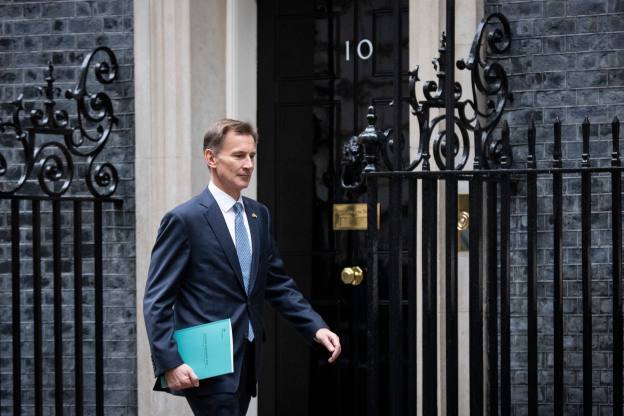“Investors whose primary tax goal is to reduce an income tax liability should probably prioritise VCT over EIS given the relative risks involved,” he adds.
While taxes for individuals are generally going to be moving up, investors should not confuse increased appeal with decreased risk, says Andrew Martin Smith, director at Guinness Ventures, which invests in EIS-qualifying companies.
“With proper advice, investors shouldn’t conflate the challenges of higher taxation with perceived risk reduction of tax advantaged schemes,” he adds.
Indeed, EIS investing should always be considered to be high risk, says Andrew Aldridge, partner at Deepbridge Capital, an EIS provider. But within a well-diversified portfolio, he says it can add significant growth opportunities and tax advantages without affecting overall portfolio risk.
It is important to recognise that the tax features of these schemes are there for a reason, reminds Hollands at Evelyn Partners.
He says: “Investing in illiquid, small, early-stage companies is high risk in nature; and that’s why VCT and EIS investing will only ever be suitable for a relatively small cohort of the wider population.
“While the tax environment will underpin interest in the schemes, do bear in mind that these types of business could struggle in a long recession too; and a chunk of funds raised will be used to feed cash-hungry companies within existing portfolios, not just finance new deals.”
As Francesca Rayneau, director at Calculus Capital, puts it, the EIS and VCT tax incentives provided by HM Revenue & Customs are extremely attractive; but investors should use the schemes based on their investment merits and their potential for generating impressive returns.
“It should not be the tax tail wagging the investment dog,” she says. “So long as the risks are fully understood, they should be considered by investors looking for long-term investments, which also maximise tax efficiency.”
Chloe Cheung is a senior features writer at FTAdviser






